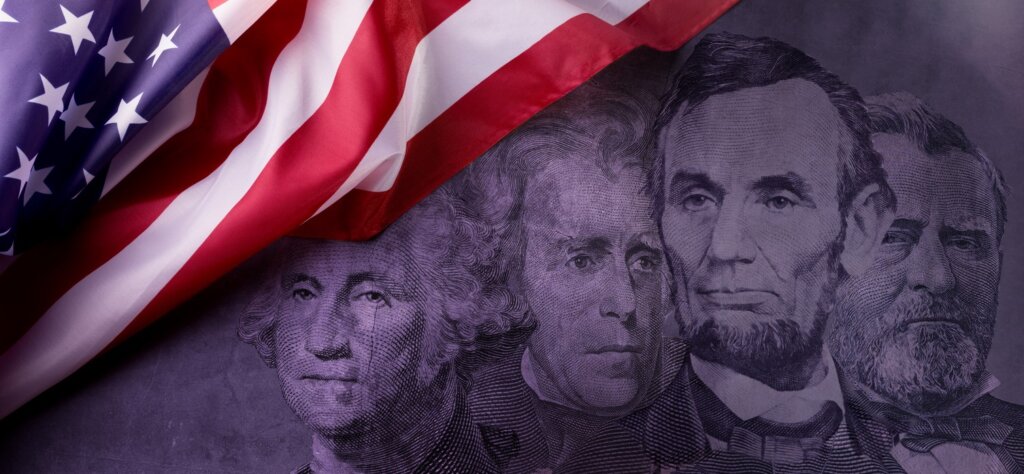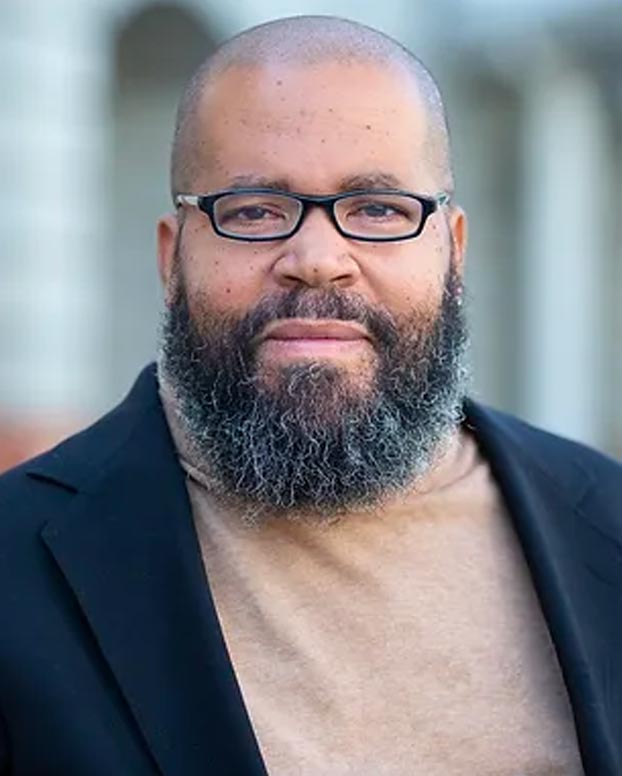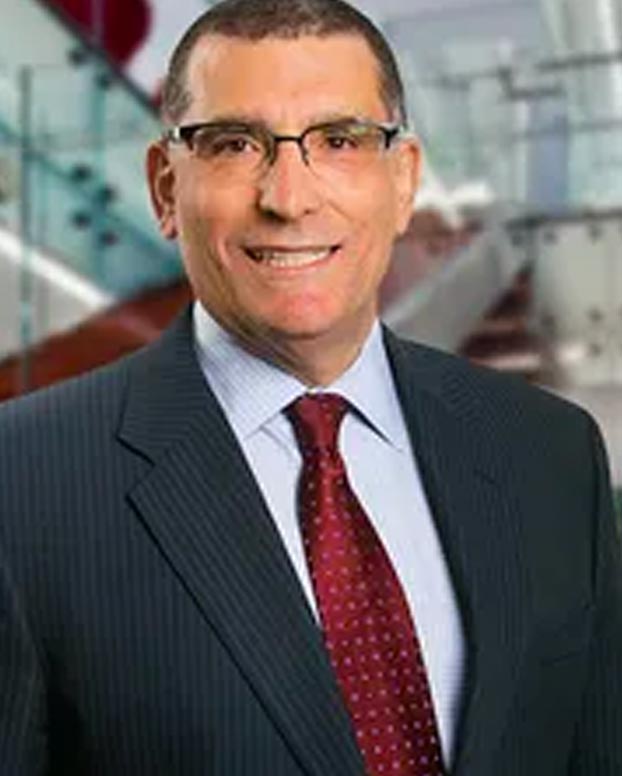Recognizing the Disabilities and Mental Health Challenges of Past U.S. Presidents Who Shaped Our Nation’s History
February 15, 2024

Five presidents harnessed the power of their disabilities to secure the highest office in the U.S. Six additional presidents lived with chronic pain, mental health struggles, or hearing and vision impairments. Let’s explore these little-known aspects of their backgrounds and the impact they had on their legacies.
As the U.S. spends Monday honoring the marked legacies of its 46 presidents past and present, it’s important to remember and celebrate those who ascended to the Oval Office with neurodiverse perspectives, physical or cognitive disabilities, mental health struggles, or vision and hearing impairments. While these aspects of presidents’ legacies were often purposely concealed to maintain an image of flawlessness and unquestioned power, uncovering the history of 11 presidents who faced one or more of the above perceived challenges offers a unique perspective. In this light, disabilities are not hinderances but powerful characteristics that may drive the very strength, innovation, and determination necessary to be successful.
To explore this perspective further, read on for the stories of seven U.S presidents, which both detail their accomplishments and uncover aspects of their backgrounds that, despite attempts to conceal, likely played a role in shaping their legacy.
Presidents with a Cognitive Disability
“The difference between a strong man and a weak one is that the former does not give up after a defeat” – President Woodrow Wilson
George Washington, famous for his role serving as the Commander-in-Chief of the Continental Army during the Revolutionary War and then being unanimously voted in as the first president of the fledgling United States, struggled with a learning disability throughout his life. Due to ongoing difficulties with spelling and grammar, it’s likely that he had dyslexia. The fact that he became the first president of one of the first democratic republics in the world during a time when there was little knowledge let alone support for learning disabilities, demonstrates the very perseverance and innovation that helped shape his leadership.
Thomas Jefferson was a remarkable writer and political thinker who ultimately authored the Declaration of Independence, founded the Democratic Party, and served as the third President of the United States. What’s lesser known about his legacy are his lifelong struggles with a speech impediment and a learning disability. Like Washington, it’s likely he suffered from dyslexia. However, that did not prevent him from becoming an avid reader who owned thousands of books in his personal library and becoming the thinker and leader who helped the U.S. pursue independence and democracy.
Woodrow Wilson served as president of the United States during WWI, a time of great global upheaval. He supported the resolution of WWI by facilitating the peace agreements of the Versailles Treaty, earning him a Nobel Peace Prize in 1919. However, it will likely surprise many that he could barely read by age 10 and likely suffered from a learning disability. Despite his poor performance in school, Wilson’s father taught him the art of debate and supported the development of his reading skills, ultimately leading to his study of law at the University of Virginia and his subsequent presidency. His challenges with reading and writing did not hinder his pursuit in learning the nuances of law or the skill of negotiation, both of which proved instrumental in the Versailles Treaty.
John F. Kennedy, well-known for his charisma, served as the 35th President of the United States at a time when television became a crucial component of presidential campaigns. He was also noted for his support for the Civil Rights Movement and the establishment of the Peace Corps. Additionally, Kennedy served in the Pacific Theater of WWII where he won the Marine Corps Medal for heroism after he helped his wounded naval crew members swim to safety following the torpedoing of their ship by the Japanese. Many still look to him as one of the greatest American presidents, and yet he had both a learning disability, likely dyslexia, and suffered from chronic pain. It’s likely that his challenges with learning contributed to the development of his innovative, determined, and thoughtful leadership.
Presidents with a Physical or Medical Disability
“Believe you can and you’re halfway there” – President Teddy Roosevelt
Teddy Roosevelt was well-known for the establishment of the National Park system, his love of the outdoors, and his breakup of a huge railroad conglomerate. This action led to a policy of “trust-busting” other major corporations. However, Teddy suffered from frail health as a boy, which ultimately stunted his physical growth and committed him to what he called the “strenuous life.” This life included both his lifelong love of vigorous activity and his political ideals. He suffered from severe asthma and nearsightedness, which made some activities challenging for him, yet absolutely contributed to his endurance and strength as a leader.
Franklin Delano Roosevelt (FDR) became one of the greatest presidents in U.S. history, ushering the nation out of the Great Depression and to victory in WWII. In 1921, at the age of 39, he contracted polio. Despite his efforts to rehabilitate his leg strength, he ultimately accepted the permanence of his partial paralysis and soon after, began his political career. Although his physical disability has become the most famous example of a president with a disability, this recognition is largely attributed to the tireless advocacy of disability activists. At the time, FDR took great pains to conceal his physical disability, often being photographed with a blanket covering his wheelchair.
Presidents with Mental Health Challenges
“I laugh because I must not cry, that is all, that is all” -President Abraham Lincoln
Abraham Lincoln, well-known as the president of the Union States during the Civil War and issuer of the Emancipation Proclamation that freed nearly four million African American slaves, grappled with severe depression throughout his life. His depression often manifested itself in debilitating physical symptoms like crushing headaches. Lincoln openly wrote about his suicidal thoughts, describing his melancholy as his ‘peculiar misfortune.’ Despite these challenges, it is believed that his experience with depression equipped him with coping skills and a realistic perspective crucial for serving as the president during the Civil War era.
Unveiling Presidents’ History of Disabilities and Mental Health Challenges Brings Power to the Disability Community
Unveiling the reality that about a quarter of U.S. presidents had disabilities or mental health challenges has been the result of widespread efforts of disability activists who understand the power in representation. The FDR Memorial, which opened in Washington DC in 1997, includes ramps for accessibility but initially did not depict FDR’s disability. After lobbying from disability activists, a sculpture featuring his wheelchair was added in 2001, allowing people to see, with their own eyes, the disability that FDR worked so hard to cover up.
Is it possible that FDR’s experience with paralysis helped forge the strength and innovation that led to programs like the Civilian Conservation Corps and fireside chats, uniting the U.S. and ultimately helping the nation emerge from the Great Depression? Could the internal turmoil that Lincoln faced have bestowed upon him the very traits that allowed him to weather the massive division, pain, and mass casualties of America’s deadliest war without losing sight of the importance of uniting the states and freeing the enslaved?
Emphasizing the diverse stories and perspectives that shape those who have risen to the highest office in the U.S. underscores the strength we gain from the variety of opinions and experiences that neurodiversity and the existence of disabilities bring to humanity. Collectively, these differences contribute to our shared strength and resilience. RMHS believes in the power of individuals with disabilities and works to connect them with services and resources to support the lives they want for themselves.






